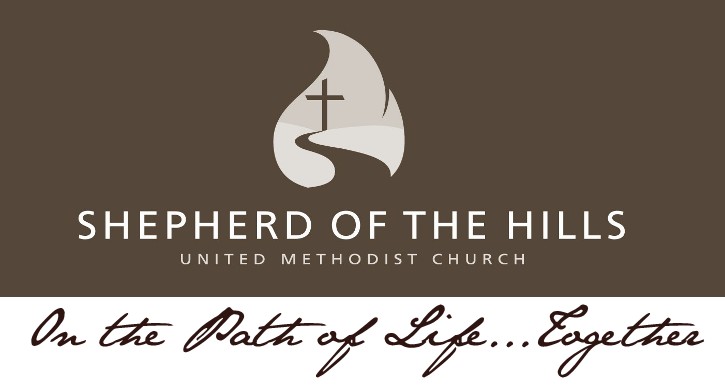How surprised then would he be to hear their Creator declare to all, without distinction, 'One thing is needful!' But how much more when he knew that this one thing needful for men, their one business, the one end of their existence, was none of all of those things which men were troubled about, none of all those ends they were pursuing, none of all those businesses wherein they were so deeply engaged, which filled their hearts and employed their hands. Nay, that it was an end not only distinct from but contrary to them all - as contrary as light and darkness, heaven and hell, the kingdom of God and that of Satan!"
John Wesley poses a fantastic question in these two paragraphs! In layman's terms:
"If an objective, third party being were to stumble across the earth and observe the happenings of its inhabitants, what might he or she hypothesize their purpose is?"
I think we are all aware that the being's answer would probably be far from what we, as Christians, read and profess our purpose to be.
Isaiah recounts God declaring that we were made for His glorification (43:7). Furthermore, this sermon of Wesley's is drawn from Luke 10:
Jesus has been invited into the home of Martha and Mary. He takes a seat and Mary settles herself at His feet to listen to whatever He might say. Martha, however, busies herself with "preparations." The Bible isnt specific as to what those preparations might be, but thinking of our own time and what preparations we often busy ourselves with when company visits, I dont believe it to be a stretch that she might have been tidying up a bit, preparing a meal or a snack, making sure cups were never empty of whatever fluid might be occupying them, etc.
Martha then gets a little frustrated and says: "Lord, dont you care that my sister has left me to do the work by myself? Tell her to help me!" (10:40)
Jesus's response is short, but very convicting: "Martha, Martha...you are worried and upset about many things, but only one thing is needed. Mary has chosen what is better, and it will not be taken away from her." (10:41-42)
The implications of Jesus's response: Mary is doing the one thing that is needed.
Recall what she is doing: She is seeking to be near to her Lord, focusing her attention on Him, and prioritizing him above whatever normal preparations or work there was to be done.
I could spend a lot of time and typing on this! Oh, that I could! Instead, I will pose a series of questions to spark thought on your part:
1) What do you think the third party, objective being might have guessed Mary's purpose to be? What about Martha's? Who are you in the story: Mary or Martha?
2) Wesley wrote this sermon in 1734. Dont you think that our level of occupation or busyness has increased exponentially since then? And our definition of what we "need?" And, yet, long before even Wesley's time, Jesus said: "Seek first His kingdom and his righteousness, and all these things will be given to you as well." (Matthew 6:33)
3) How radically different would the world be if we followed Matthew 6:33?
4) A friend of mine and I were speaking yesterday about Rob Bell, a pastor at Mars Hill church and an acclaimed author and writer. My buddy explained to me that Mars Hill does not have a church sign at Rob Bell's request. Jason said:
"The church came and asked Rob if they could put up a sign, and Rob said: 'Yeah, go right ahead. But know that when you do, I will turn in my official resignation, too. If the world cannot tell what we are without a sign, then we are doing something wrong.'"
Are we in need of a sign?
"How would [the being] express, how would he conceive the senselessness, the madness, of those creatures who, being in such a situation, could think of anything else, could talk of anything else, could do anything besides, could find time for any other design, or care, but that of ensuring the one thing needful!"
Next week, I will continue with the lesson Wesley passed along in this sermon. Join me then!
___________________________________________________________
Dont forget to comment! I am really hoping to make this series of posts discussion-oriented. This is an open forum, so join in the discussion!

No comments:
Post a Comment